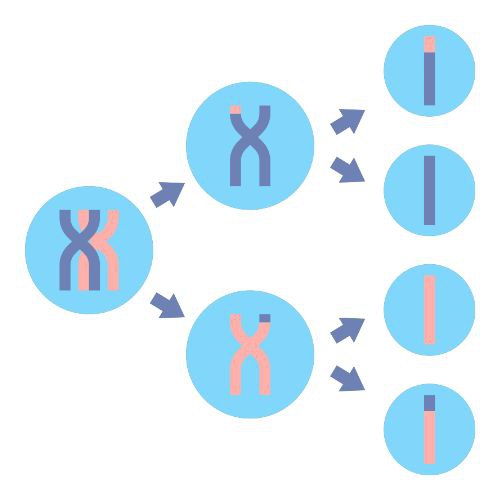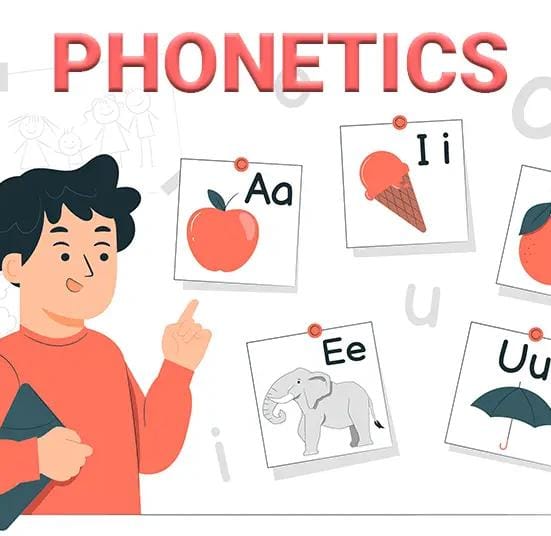What is the Power of Relativity?
The Power of Relativity means that people don’t evaluate things in isolation. Instead, they compare them to other options around them to decide what’s better. This principle shows that we often make decisions based on comparisons rather than the absolute value of something.
Why Does It Work?
- People need a reference point to judge value or quality.
- When given options, we naturally compare them and choose the one that seems better or more appealing.
Simple Real-Life Example
Imagine you’re buying a phone, and you see these three options:
- Phone A: $500, with no extra features.
- Phone B: $700, with extra storage.
- Phone C: $700, with extra storage and a better camera.
- What happens? Phone C feels like a better deal than Phone B because it offers something extra for the same price. Without Phone B to compare it to, you might have hesitated to spend $700.
- Why? Phone B acts as a comparison point (or “decoy”) to make Phone C look more appealing.
Other Examples
- Restaurant Menus:
- Restaurants often include a very expensive dish to make the mid-priced items look like a better deal.
- Example: A $50 steak makes the $30 steak feel reasonable.
- Online Shopping Bundles:
- A website might show these options:
- Option 1: Basic plan – $10/month.
- Option 2: Premium plan – $30/month.
- Option 3: Premium + Bonus Features – $30/month.
- You’re likely to pick Option 3 because it feels like you’re getting extra value for the same price as Option 2.
- A website might show these options:
- Clothing Sales:
- A store lists a jacket’s original price as $100 but offers it at $70 during a sale. The $70 feels like a bargain, even if it’s still expensive.
How to Use It in Daily Life or Business
- For Marketers: Use “decoy pricing” to guide customers toward a preferred option.
- For Consumers: Be aware of how comparisons influence your choices and think if the deal really fits your needs.
Summary
The Power of Relativity shows how comparisons influence our decisions. We naturally compare options and pick what seems like the best value—even if it’s not objectively the best. Understanding this can help you make smarter choices and use the principle effectively in your business or personal life!




















































